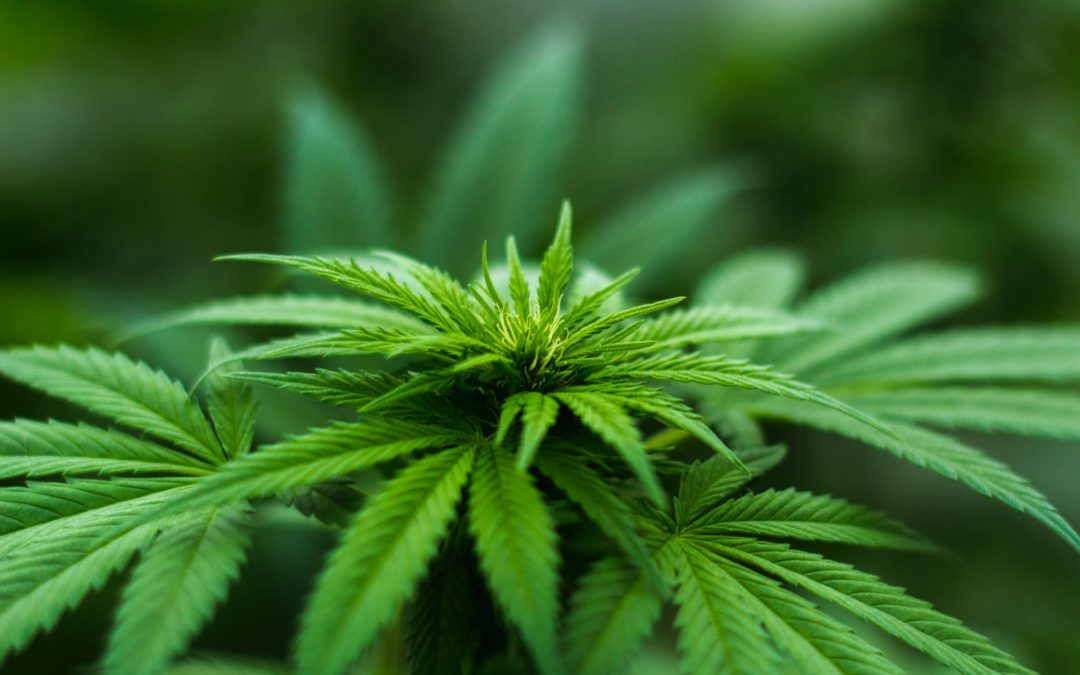On December 20, 2018, the Agriculture Improvement Act of 2018 became federal law and legalized the industrial production of hemp nationwide while simultaneously removing hemp from the Controlled Substances Act. Under the Act, hemp is now classified as an agricultural product and the United States Department of Agriculture (“USDA”) is responsible for publishing regulations to govern the hemp industry.
The Act also provides authority to state governments and Indian Tribes by granting broad authority to both limit and regulate the sale and production of hemp products within their jurisdiction. States and Indian Tribes, however, can opt out of this authority. In that case, federal law will control and the regulations of the USDA will apply. Additionally, States and Indian Tribes cannot limit the shipment or transportation of hemp and hemp products through their respective jurisdictions.
Charged With a Marijuana Crime in Denton County? Call (940) 566-0271
Since the passage of the Act, many state legislatures have passed their own laws authorizing their Departments of Agriculture to write and establish rules governing the local hemp industry and submit plans to the USDA describing their proposed regulatory systems. The proposed rules governing the hemp industry are extensive and many states, including Texas, are still in the process of drafting and proposing administrative rules.
Recently, the Texas Senate approved House Bill 1325, known as the Texas Hemp Bill. Under the Bill, marijuana and tetrahydrocannabinol (“THC”) remain illegal substances. However, this excludes the limited THC in hemp. Similar to federal legislation, “hemp” is now excluded from the definition of “marijuana” and “controlled substance.” Hemp is defined as “the plant Cannabis sativa L. and any pat of that plant, including the seeds of that plant and all derivatives, extracts, cannabinoids, isomers, acids, salts of isomers, whether growing or not, with a delta-9 tetrahydrocannabinol concentration of not more than 0.3 percent on a dry weight basis.”
But what is the difference between hemp and marijuana? Hemp and marijuana are broad classifications of the cannabis plant. Hemp has generally been used to describe non-intoxicating cannabis that is harvested for the industrial use of its derived products. The Agricultural Act of 2018, like the Texas Hemp Bill, uses the term “hemp” to classify varieties of cannabis that contain 0.3% or less THC. Marijuana, however, is broadly understood as intoxicating cannabis that can induce euphoric or psychotropic effects on the user. In terms of THC level, marijuana is the term for cannabis that contain more than 0.3% THC.
Police and other law enforcement agencies routinely submit suspected illegal substances to accredited crime laboratories for analysis. Before the Texas Hemp Bill was enacted, crime laboratories reported a positive result if any cannabinoids were present. When no cannabinoids were detected, the crime laboratory reported no controlled substance. The crime laboratories were not required to identify the amount of THC present in the sample, which is the only way to distinguish hemp and marijuana. This is because identifying, or quantitating, the exact amount of THC is more time-consuming and complex than simply identifying the presence or absence of THC. This practice obviously presents a problem after the passage of the Texas Hemp Bill.
We Offer Free Office Or Phone Consultations
A solution to this issue was proposed by the U.S. Drug Enforcement Administration (“DEA”) as the Agriculture Improvement Act of 2018 was signed into law before the Texas Hemp Bill. The DEA developed a qualitative method using a three-pronged scheme for testing plant-based material. This method results in two possible reporting statements by crime laboratories: (1) positive for marijuana (presence of THC above 1%) or (2) inconclusive for marijuana/hemp. For inconclusive reporting statements, the agency submitting the sample is then given the opportunity to request additional testing, which would include the use of a full quantitative method.
The Texas Hemp Bill was not the only marijuana related law recently enacted in Texas.
On June 14, 2019, Texas Governor, Greg Abbott, signed House Bill 3703. This medical marijuana law, known as the Texas Compassionate Use Act, expands access to medical marijuana products in the State of Texas.
Effective immediately, qualified physicians can now prescribe medical marijuana products to treat the following conditions:
- epilepsy;
- seizure disorders;
- multiple sclerosis (commonly known as MS);
- spasticity,
- amyotrophic lateral sclerosis (commonly known as ALS or Lou Gherig’s disease);
- autism;
- terminal cancer; and
- incurable neurodegenerative diseases.
Previously, medical marijuana was only available to patients with intractable epilepsy, which is a seizure disorder that is difficult to control with other forms of treatment. The law is limited to low-THC products (up to 0.5%) and the patient must be a permanent resident of Texas. Texas is slowly becoming more accepting of the benefits marijuana, but compared to those states that have legalized cannabis for recreational use, it continues to approach with caution.
Still have questions? Give the Peugh Law Firm a call today at (940) 566-0271 for a free consultation. You deserve advice and counseling from an experienced professional.





